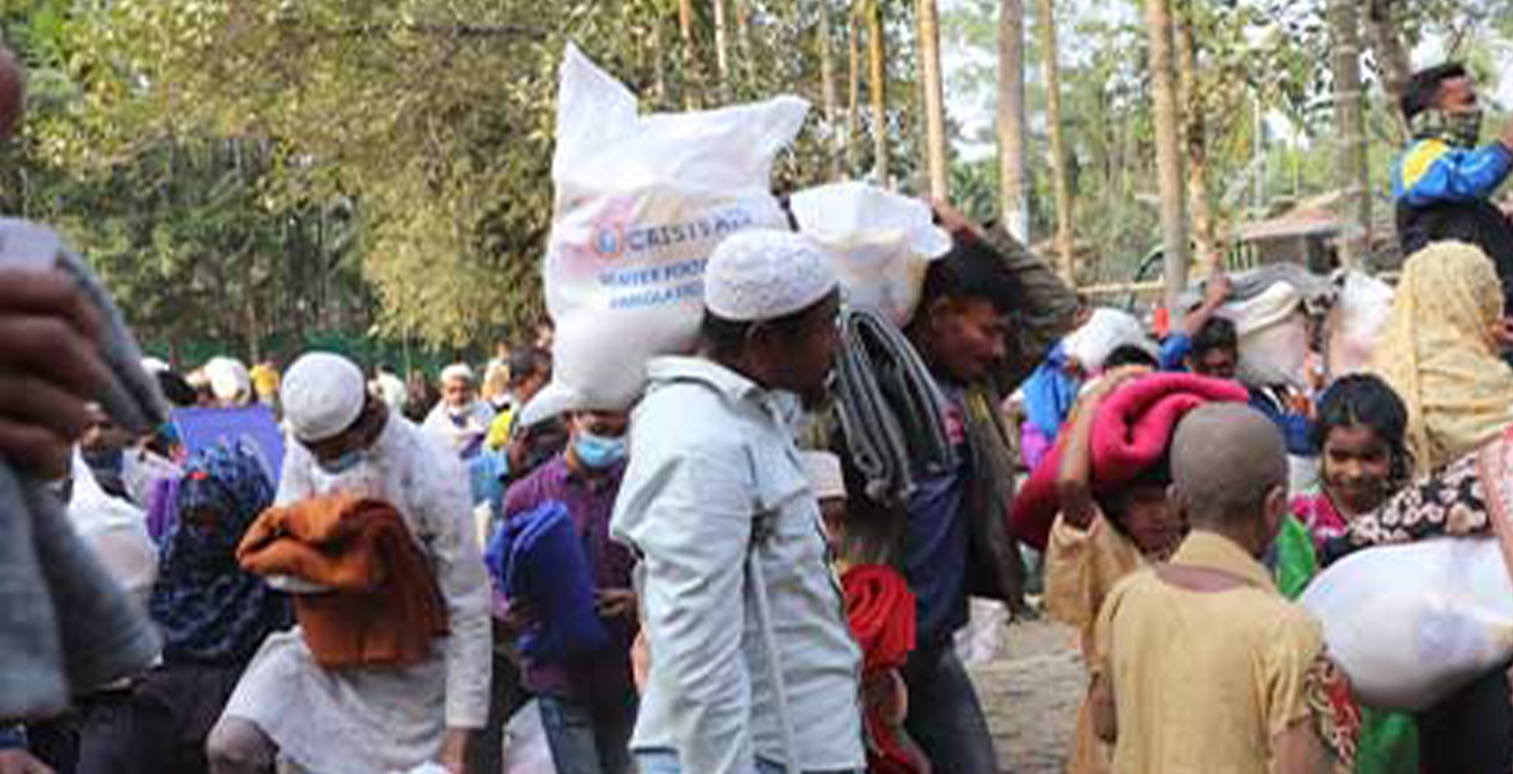The Rohingya Crisis: A Long History of Persecution

The Rohingya Muslims, recognized as one of the most persecuted minority groups globally by the United Nations, have experienced severe discrimination and violence in Myanmar, leading to the mass exodus of approximately 420,000 individuals to Bangladesh. This crisis, labeled as “ethnic cleansing” by international bodies, reflects a grim chapter in the ongoing struggle of the Rohingya.
The Origins of Rohingya Persecution:
The roots of the Rohingya persecution trace back to 1948, the year Myanmar (then Burma) gained independence from British colonial rule. During the colonial era, promises of a “Muslim National Area” were made to the Rohingya in exchange for their support against Japanese forces during World War II. However, post-independence, Myanmar’s government reneged on these promises, refusing the Rohingya both a sovereign state and citizenship, thus marking the beginning of their statelessness and persecution.
Decades of Suffering:
The refusal to grant the Rohingya citizenship in 1948 ignited decades of conflict and violence. Attempts by the Rohingya to resist the government’s discriminatory policies were brutally suppressed, leading to a history of repression characterized by military crackdowns, denial of basic rights, and severe restrictions on movement.
From the 1970s onwards, Myanmar’s military operations against the Rohingya in Rakhine State prompted hundreds of thousands to flee to neighboring countries. Reports of rape, torture, and extrajudicial killings during these crackdowns have been pervasive, with the Myanmar government consistently denying such allegations.
Escalation in 2016:
The persecution intensified in October 2016 following the murder of nine border police, leading to a severe security crackdown by the Myanmar military. Accusations of widespread human rights violations, including extrajudicial killings and sexual violence, followed. The United Nations and various human rights organizations have condemned these actions, with some alleging that Myanmar’s actions constitute ethnic cleansing—a claim the government vehemently denies.
The Crisis Unfolds:
The violence in 2017 marked a significant escalation, resulting in the displacement of over half a million Rohingya to Bangladesh. Satellite imagery and eyewitness accounts have documented the destruction of Rohingya villages, contributing to the mass exodus. Despite international outcry, the Myanmar government maintains that their actions are a legitimate response to terrorist threats, specifically blaming the Arakan Rohingya Salvation Army (ARSA) for inciting violence.
International Response:
The international community, led by the United Nations, has denounced the treatment of the Rohingya, with concerns of crimes against humanity and potential genocide. Urgent calls for Myanmar to cease its military operations and for Aung San Suu Kyi, Myanmar’s de facto leader, to address the crisis have been made. Despite these pleas, the violence and persecution persist, with little sign of resolution.
Looking Ahead:
The Rohingya crisis remains one of the most pressing humanitarian issues of our time. With thousands of lives lost and many more displaced, the need for a comprehensive and lasting solution is critical. As the world watches, the plight of the Rohingya serves as a stark reminder of the consequences of intolerance and the urgent need for compassion, support, and action from the global community.
Crisis Aid continues to advocate for the rights of the Rohingya, providing essential aid and support to those affected by this crisis. Your contributions can make a difference in the lives of those who have suffered unimaginable hardship. Join us in our efforts to bring relief and hope to the Rohingya people.